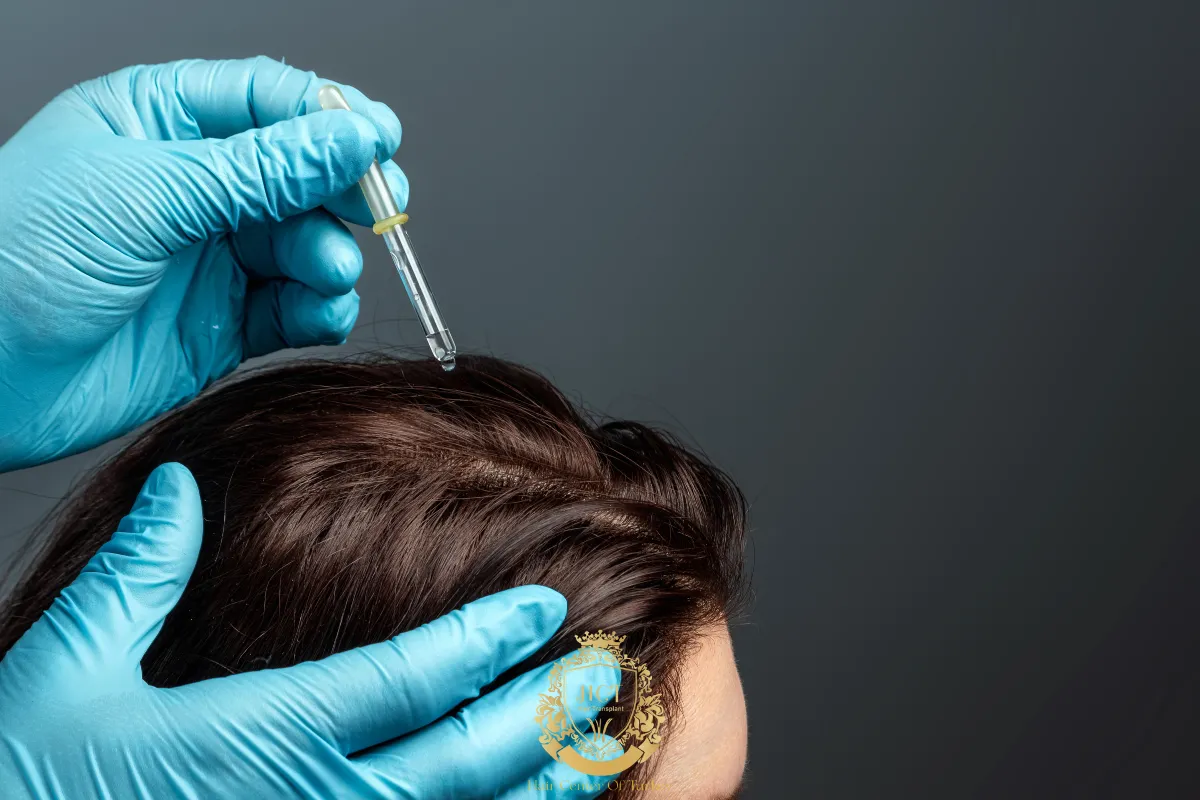
Should I Take Finasteride After My Hair Transplant?
Finasteride isn’t required after a hair transplant, but it’s often used to protect your non-transplanted (native) hair from ongoing thinning. Many clinics recommend it for patients with active male pattern hair loss, especially younger men. The right timing and plan depend on your history, risk tolerance, and medical profile.

Table of Contents
Why finasteride can matter after a transplant
A hair transplant moves follicles from a donor area that’s usually more resistant to DHT-related thinning into areas where hair has been lost. Those transplanted follicles tend to be long-lasting. Your native hair around them can still thin over time if male pattern hair loss continues.
Finasteride lowers DHT, which can help slow miniaturization and preserve the hair you didn’t transplant. That can make the overall result look denser and more consistent as years pass.
Benefits of using finasteride after surgery
Finasteride may help you:
- Maintain native hair in regions that weren’t transplanted
- Reduce contrast between transplanted hair and surrounding thinning hair
- Lower the chance of “chasing hair loss” (needing further procedures to keep results balanced)
For many patients, the value is long-term: it helps protect what you still have so the transplant result stays harmonious.
When to start (or restart) finasteride
There’s no single “best” start date because surgeons tailor aftercare to healing, scalp sensitivity, and your risk profile.
- If you were already taking oral finasteride: many surgeons have patients continue, or restart soon after surgery. Your clinic’s protocol should be the deciding factor.
- If you’re starting after surgery: some clinicians begin oral finasteride shortly after the procedure, while topical options are often delayed until the scalp is fully healed.
If you’re unsure, don’t guess. Ask your surgeon for a clear timeline based on your procedure date and current medications.

Potential side effects to discuss before starting
Finasteride is widely used, but side effects can occur. The most commonly discussed risks include sexual side effects (such as decreased libido or erectile dysfunction). Some patients also report mood-related symptoms.
Before starting, your prescriber should review your medical history and mental health history, then explain what to do if symptoms appear. If side effects occur, don’t push through them silently contact the prescribing clinician promptly.
A quick note on topical finasteride
Topical finasteride is often marketed as “lower risk,” but the real-world safety profile depends on the formulation and how it’s prepared. If it’s compounded, quality and dosing consistency can vary between providers.
If you’re considering topical finasteride, ask exactly what formulation you’re being given, how dosing is measured, and what monitoring the clinic recommends.
Is finasteride necessary for everyone?
Not always. You may be less likely to need finasteride if:
- Your hair loss has been stable for years
- You’re older and your pattern has largely settled
- Your transplant plan already accounts for likely future thinning
- You’ve had side effects before and prefer other options under medical guidance
For patients with ongoing androgenetic alopecia—especially those in their 20s and 30s—finasteride is commonly used to help protect results over the long run.
FAQs about taking finasteride after a hair transplant
Do you need to use finasteride after a hair transplant?
No; finasteride isn’t required, but it helps preserve your non-transplanted hair.
Will a hair transplant last without finasteride?
Yes; transplanted hair usually lasts, but untreated loss can thin surrounding native hair.
Can finasteride help grow transplanted hair?
No; it mainly protects native hair, not the transplanted grafts’ growth.
What happens if I stop taking finasteride after a hair transplant?
Stopping finasteride allows ongoing androgenetic loss, so native hair may keep thinning.
How long should you take finasteride after a hair transplant?
Take finasteride long-term if tolerated to maintain non-transplanted hair after transplantation.




